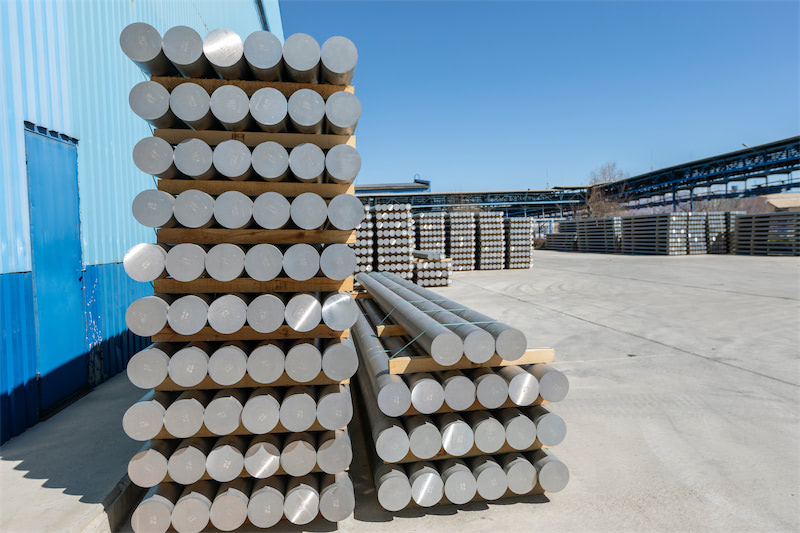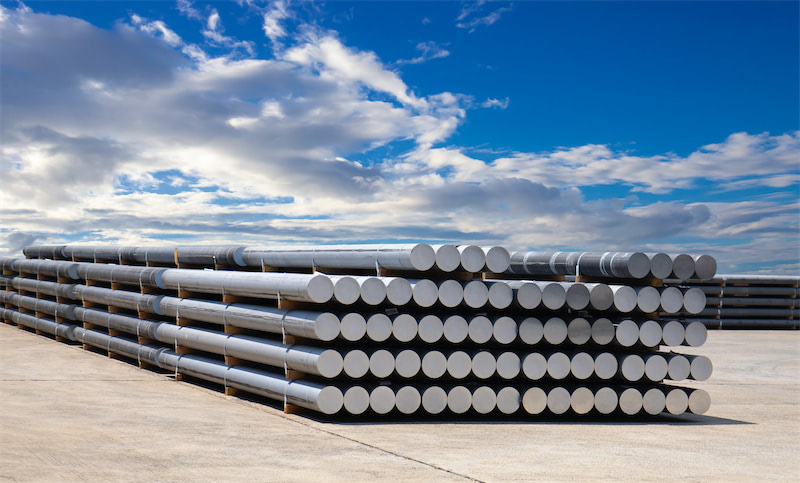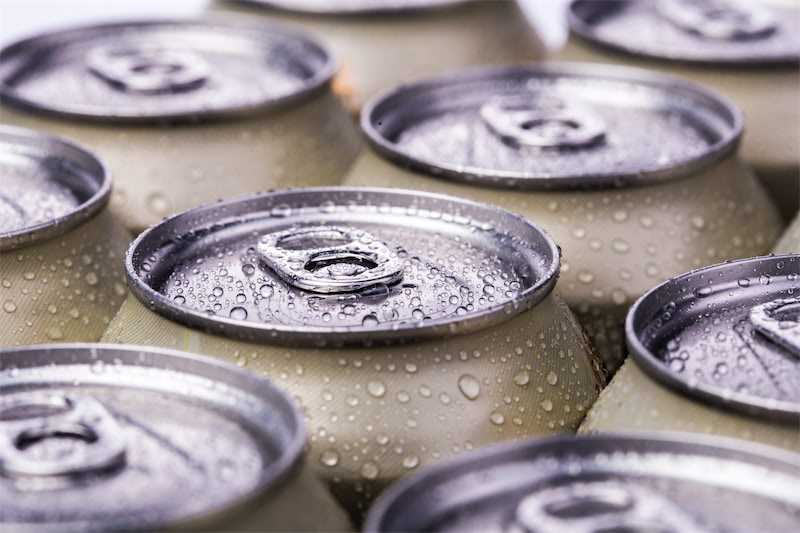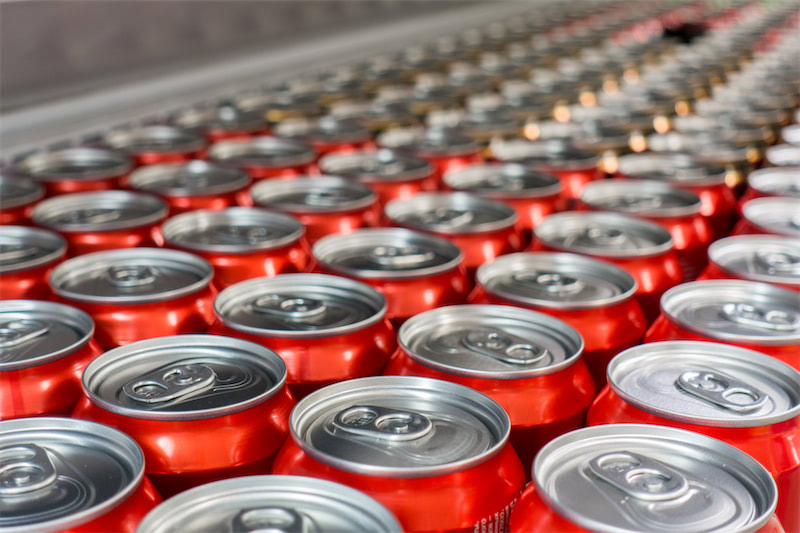SHANGHAI, Jan 10 (SMM) - On December 30, 2021, China’s Ministry of Finance and the State Administration of Taxation issued the Announcement on Improving Value-Added Tax Policies for Comprehensive Utilisation of Resources in replacement of the previous Catalogue of Preferential Value-Added Tax for Products and Labour Services Involving the Comprehensive Utilisation of Resources. SMM will elaborate on the two major differences between the two documents as below.
First of all, the biggest change is the addition of legal sources of old wastes from the society. Under the new policy, enterprises, namely dismantling yards or cargo yards, that are engaged in the recycling of renewable resources can get access to value-added tax (VAT) invoices after paying VAT at a rate of 3% through the simplified taxation method. However, the simplified taxation method is not mandatory, that is, the recycling companies can also choose to use the general taxation method to calculate and pay the VAT. For example, the general taxation method can be applicable to the new scrap from factories. Old social wastes with legitimate invoice sources will serve as an additional source of raw materials for some large companies, especially listed companies in a time when the carbon emissions requirements are increasingly stringent.
However, there are two aspects that need to be considered. One is the qualifications for adopting the simplified taxation method. Only enterprises who have hazardous waste permits and automobile dismantling certificates, or enterprises who have completed the registration of renewable resource recycling operator with the commerce department are qualified for adopting the simplified taxation method. That is to say, individuals, companies without business licenses or companies who do not have the above-mentioned certification are not allowed to adopt the simplified taxation method. Secondly, the VAT invoice under the simplified taxation method does not have specific deduction rate. If the deduction rate is 3%, it is in fact lower than the current tax cost. On the other hand, the 3% tax rate is lower than the 3.8-4.2% ordinary invoice that a natural person obtains from the tax bureau, and there is no limit on the invoice amount. Thus, this is a legitimate invoice channel with higher tax costs.
The second change is the adjustment of the tax refund amount. The new regulation offers a specific calculation formula, which was not covered in the previous document. The new policy stipulates that the applicable tax refund amount = [(sales income from the current period of sales of products and services involving comprehensive utilisation - sales revenue that does not apply to the immediate tax refund after payment) × applicable tax rate - input tax amount of items in the current period which are qualified for immediate tax refund] × corresponding tax refund ratio. Take aluminium scrap as an example. The tax refund amount of aluminium scrap = [(sales income from the current period of sales of products and services involving comprehensive utilisation - sales revenue that does not apply to the immediate tax refund after payment) × 13% - input tax amount of items in the current period which are qualified for immediate tax refund] × 30%. Previously, the tax refunds were calculated mostly using the output VAT or the input VAT as the base. However, under the new regulation, the deductions are not applicable to the sales income that enjoy immediate tax refund or the input tax amount of the current period that enjoys immediate tax refund, and the result is less tax refund amount.
There are still great uncertainties regarding the actual implementation of the new policy at the local level and whether the implementation of the new document will affect the implementation of other local tax incentives. On the other hand, the new policy will provide a legal and compliant source of invoices for old social wastes, which is an attempt to solve taxation issues in the recycling industry.



